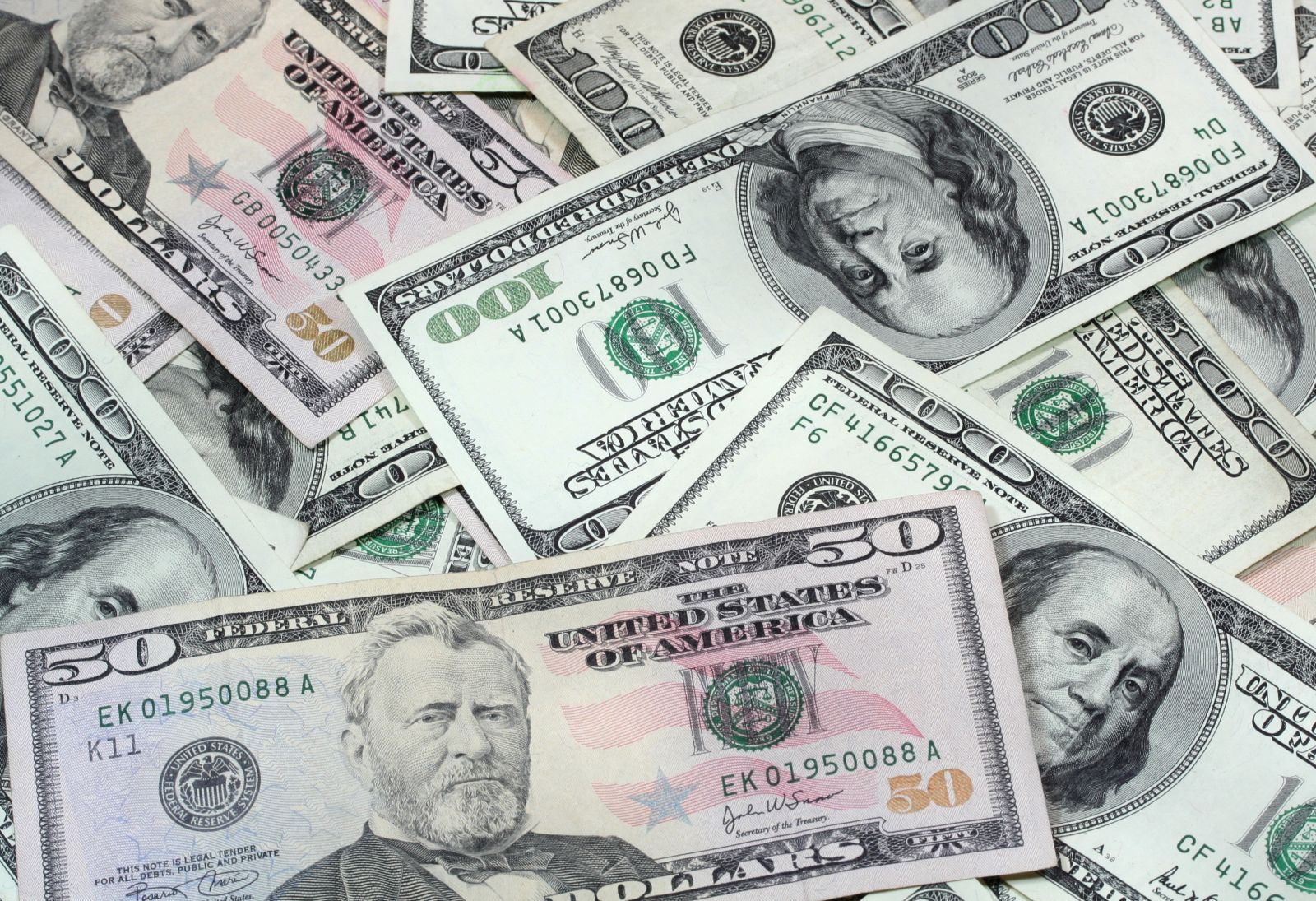
The dollar index (DXY00) on Monday rose sharply by +1.03% to a 1-week high. The dollar rallied Monday as global trade tensions eased following the EU and US agreeing to a trade deal, and reports that China and the US are set to extend their trade truce by another three months. The dollar also garnered support as the euro weakened, as the EU-US trade deal is seen as favoring the US. In addition, expectations for the Fed to keep interest rates unchanged at the end of Wednesday's 2-day FOMC meeting are supportive of the dollar. The dollar extended its gains after the Jul Dallas Fed manufacturing outlook survey rose more than expected to a 6-month high.
The US Jul Dallas Fed manufacturing outlook survey rose +13.6 to a 6-month high of 0.9, stronger than expectations of -9.0.
The European Union (EU) and the US reached a trade deal on Sunday, which will see the EU face 15% tariffs on most of its exports, lower than the previous threats from President Trump of tariffs as high as 50%.
Federal funds futures prices are discounting the chances for a -25 bp rate cut at 3% at the Tue/Wed FOMC meeting and 66% at the following meeting on September 16-17.
EUR/USD (^EURUSD) on Monday sold off sharply by -1.29% and posted a 1-week low. The euro was under pressure Monday as the announced EU-US trade deal was seen as favoring the US, with 15% tariffs imposed on most EU goods, which could pose headwinds to the Eurozone economy due to the higher tariffs.
Monday's hawkish comments from ECB Governing Council member Kazimir were supportive of the euro, as he stated that the ECB shouldn't cut interest rates in September unless there's evidence of a major deterioration in the economy.
Swaps are pricing in a 17% chance of a -25 bp rate cut by the ECB at the September 11 policy meeting.
USD/JPY (^USDJPY) Monday rose by +0.59%. The yen fell to a 1-week low against the dollar Monday as the EU-US trade deal has eased global trade tensions and reduced safe-haven demand for the yen. Higher T-note yields on Monday were also bearish for the yen. The yen garnered some support Monday after Prime Minister Ishiba insisted he would stay on as Prime Minister despite his LDP party losing its majority in the July 20 upper house elections.
The yen continues to be undercut by concerns that the LDP's loss of its majority in Japan's upper house in the July 20 elections may lead to fiscal deterioration in Japan's government finances, as the government boosts spending and implements tax cuts.
August gold (GCQ25) on Monday closed down -25.60 (-0.77%), and September silver (SIU25) closed down -0.144 (-0.38%). Precious metals retreated on Monday, with gold falling to a 2.5-week low and silver posting a 1-week low. Monday's rally in the dollar index to a 1-week high was bearish for metals. Easing global trade tensions also undercut safe-haven demand for precious metals after the EU and US agreed to a trade deal and following the South China Morning Post's report that China and the US are set to extend their trade truce by another three months. In addition, hawkish comments on Monday from ECB Governing Council member Kazimir undercut precious metals when he said he favors the ECB holding interest rates steady at the September policy meeting. Finally, higher T-note yields on Monday weighed on precious metals.
Precious metals continue to receive safe-haven support from geopolitical risks, including the conflicts in Ukraine and the Middle East. Fund buying of precious metals continues to support prices after gold holdings in ETFs rose to a two-year high last Friday, and silver holdings in ETFs reached a three-year high on the same day.







